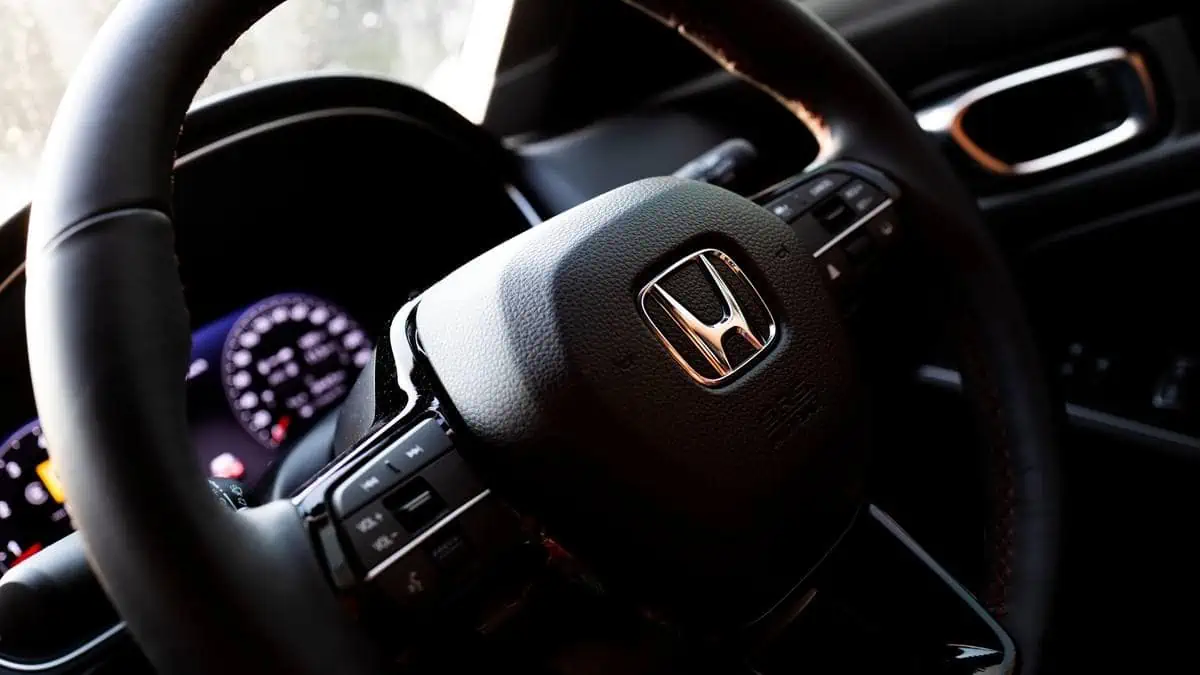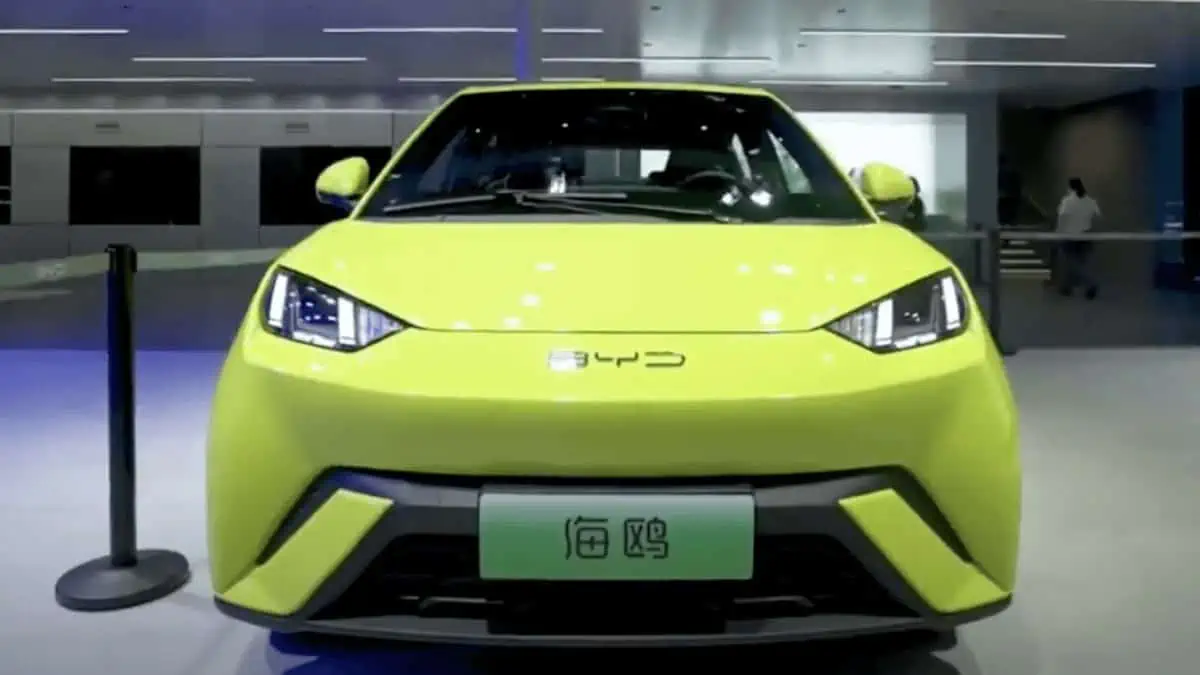Japanese automaker Honda Motor has been forming partnerships with major industry players to improve its supply chain network.
These significant collaborations are crucial for the legacy automaker’s goals involving autonomous driving, connectivity features, and electric vehicles.
Recent software development partnerships
Honda-SCSK
Honda had a basic agreement with information tech service giant SCSK on Friday to aid the company in developing on-vehicle software. The Japanese brand acknowledges that this software is crucial in defining the value of its next-gen vehicle offerings.
In that sense, the partnership will work together in the following areas, as per the press release:
- Operating system (OS) for the next-generation electrical/electronic (E&E) architecture
- Electrified powertrains
- Advanced safety and automated driving
- IVI (In-vehicle infotainment)
In addition, Honda will have 1,000 SCSK IT engineers that reside in Tokyo by 2030.
“Through this partnership, the two companies will bring together their respective strengths, namely Honda’s system control and safety control technologies and SCSK’s broad range of IT technologies, and maximize synergy among the engineers of the two companies. With that, the two companies will strive to develop highly-competitive, next-generation, software-defined mobility products and services.”
Honda
Honda-KPIT
Honda also secured a basic agreement with Indian in-car software developer KPIT Technologies in mid-March.
This partnership is very similar to SCSK’s agreement with Honda. That said, KPIT Technologies will also aid the Japanese automaker in devising an OS for its next-gen electronic (EE) architecture. It will also help Honda develop electrified power trains, advanced safety and automated driving technology, and IVI and connected features.
KPIT will raise the number of its software development experts to around 2,000 by 2030.
Honda expects these partnerships to give a significant edge to the company amid the growing significance of software-defined mobility.
Electrification initiatives
The wide adoption of electric vehicles has been continuously accelerating globally as governments worldwide aim to reduce carbon emissions in the transportation sector.
In that sense, Honda aims to have its EVs and fuel cell-powered vehicles contribute 100% of its new vehicle sales globally by 2040. Ten years later, Honda targets achieving carbon neutrality across its portfolio and corporate operations.
Honda partnered with battery giant GS Yuasa in late January to erect a new local battery factory, with plans to commence the joint venture by the end of 2023.
“Honda is striving to realize carbon neutrality for all products and corporate activities Honda is involved in by 2050. Honda and GS Yuasa have already been working together on lithium-ion batteries for hybrid electric vehicles (HEVs), and this new collaboration will further accelerate Honda’s electrification strategies toward the achievement of our carbon neutrality goal.”
Toshihiro Mibe, Honda Motor’s Director, President, and Representative Executive Officer
Apart from forming partnerships, the EV transition has also propelled Honda to reevaluate its existing partnerships with other companies related to its gasoline-powered vehicle business.
See Also:
- Honda UK to employ agency sales model for the first time for its new EV by late 2023
- Honda, GS Yuasa formed a new battery joint venture
- Honda’s aggressive EV strategy: To take Chinese electric automakers head-on
- Honda debuts three all-electric SUVs at the 2023 Shanghai Auto Show
- Honda to invest at least $40 billion in its EV strategy, plans to launch a new subsidiary
All the abovementioned initiatives are part of Honda’s strategy to catch up in the rapidly growing EV industry. Honda President Toshihiro Mibe stated worldwide electrification is “faster than expected.”
That said, the legacy automaker now aims to shift into an era of “new mobility” to stay competitive in the global automotive industry. It will also aid the company’s carbon neutrality target by 2050.






